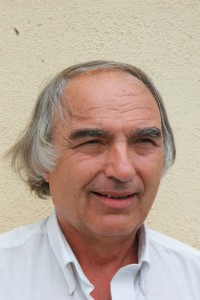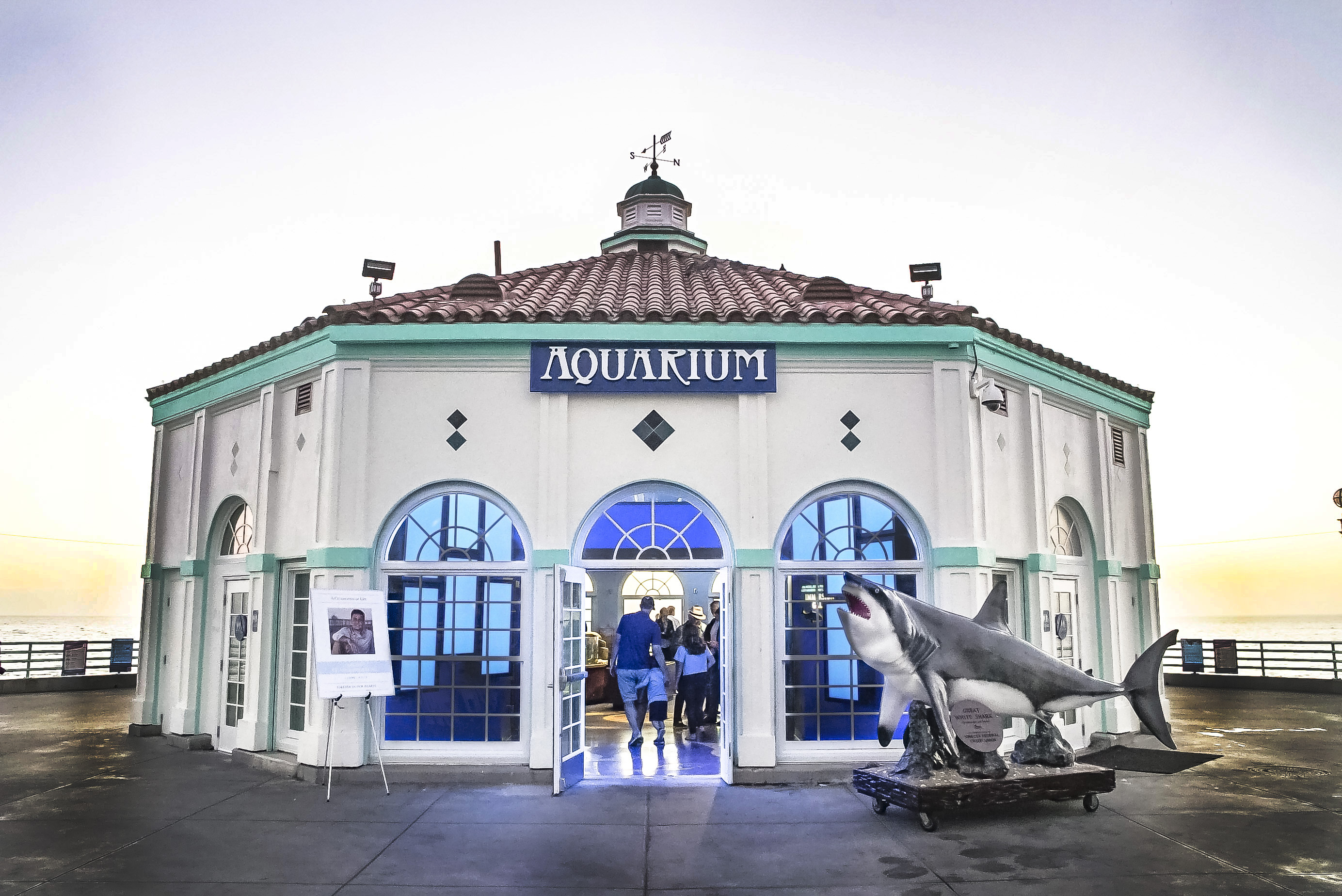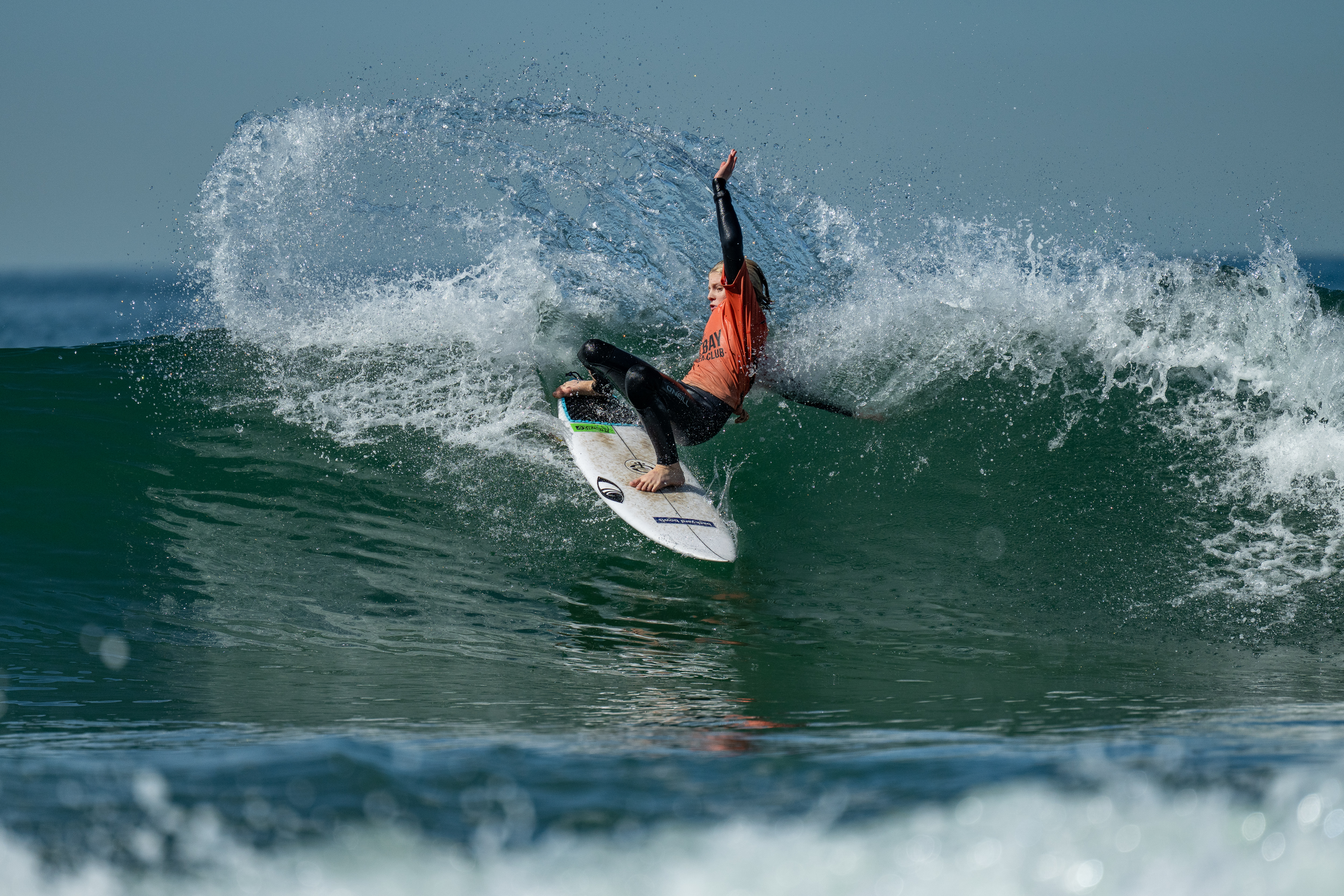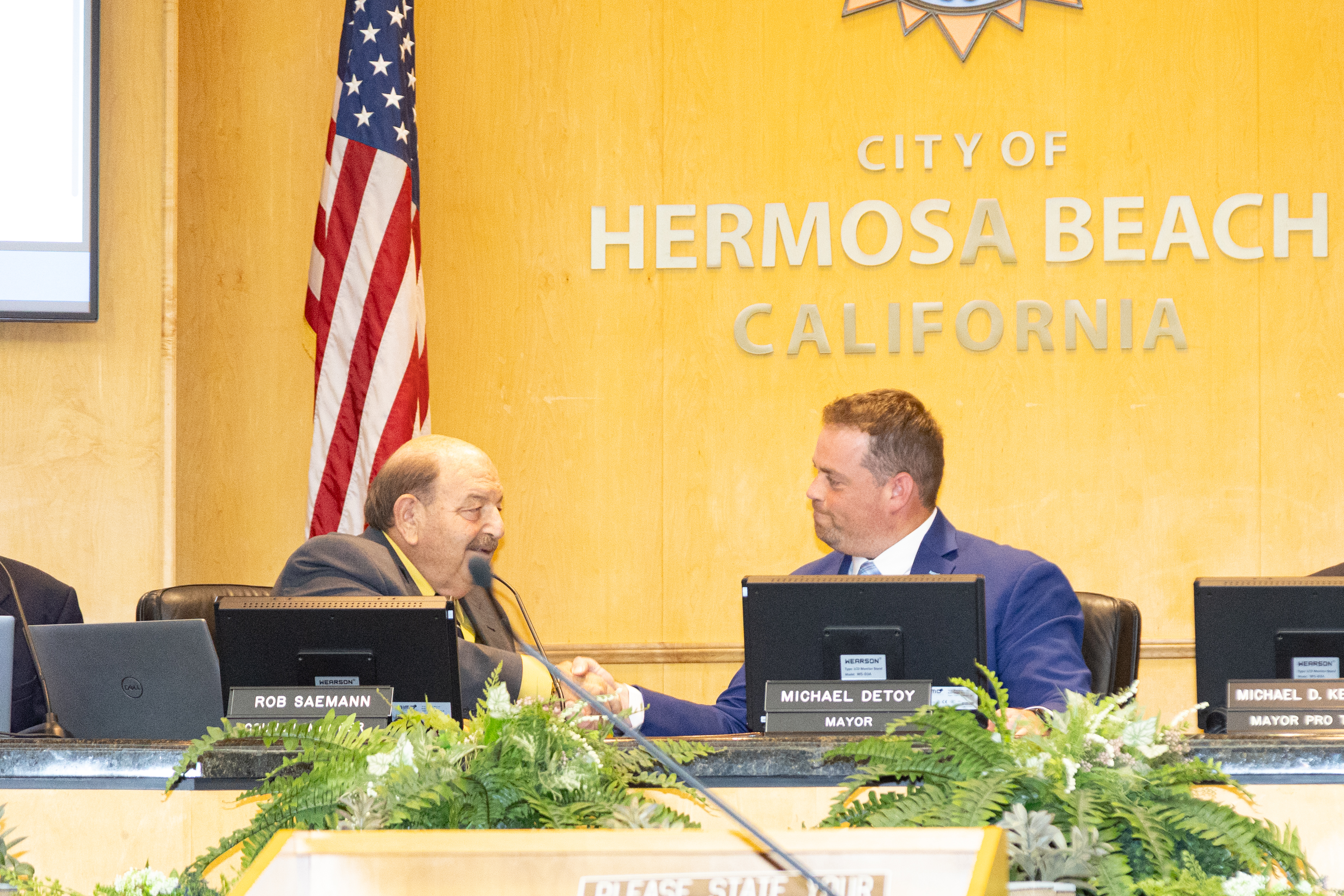
Tim Beck was out on bail and in bright spirits after police raided his Torrance home and seized 239 pot plants he was growing for home-delivery customers of medical marijuana. Beck, 63, has consulted with officials in Hermosa and Manhattan Beach on the operation of the nonprofit pot dispensary and believes he was following state law.
Beck said he saw a police officer outside his house about 11 a.m. last Tuesday morning and went outside to see what he wanted. Police handcuffed him and led him back inside, where he sat while officers discovered the plants in a greenhouse out back.
The raid was conducted after community lead officers received detailed information about hemp flower from PHF being grown at the home, said Torrance Police Sgt. Steven Jenkinson. Community lead officers address “quality of life issues” such as “environmental concerns with residential homes,” according to the department website.
Officers found the plants in various stages of growth and arrested Beck on suspicion of felony cultivation and possession of marijuana, Jenkinson said.
Bail was set at $25,000, and Beck freed himself by posting 10 percent in the form of a $2,500 bond. Arraignment has been set for Sept. 20.
“I thought it was legal,” Beck wrote in a note to Easy Reader, which chronicled his founding of the nine-month-old “Ship’s Dispensary Distribution Project,” under his nonprofit Heal the Harbor organization, which also concerns itself with environmental projects and a push for limited beach nudity.
The note was delivered in a greeting card that read, “One seed can start a garden. One smile can lift a spirit. One candle can light a room. One conversation can start a friendship.”

A conviction for cultivation could carry a three-year sentence, but Morris DeMayo of Creative Bail Bonds said no jail time has been served by dozens of growers the business has bailed out who have maintained medical cultivation as their defense.
“The people we’ve bailed out have never ever seen a day in jail,” the bondsman said.
DeMayo believes that the ambiguity between state law, which allows medicinal growing, and federal law would make convictions difficult, and prosecutors instead strike deals that oblige the growers to stop growing.
He said the legal ambiguity also makes it difficult for insurance companies to determine the risk factors when they insure bails for medical pot growers.
In an interview, Beck said he has a license to grow marijuana and sell it for medical purposes, and he delivers the marijuana to patients after they prove that they have a physician’s prescription. He said his clients include a 60-year-old cancer patient whose oncologist prescribes pot smoking to stimulate the man’s appetite.
Home delivery also saves “sick people having to drive to a dispensary,” Beck said.
“We’re a public benefit corporation, we’re not in it for the money,” he said. “I thought that would be protection enough” from the law.
Beck said the arresting officers seized some of Beck’s records but left behind those pertaining to the man with cancer. Beck said about a half-dozen people were buying from the dispensary when it was busted.
Beach ban
The state Legislature permitted the sale and use of medical marijuana with passage of the Compassionate Use Act in 1996, making California the first state to legalize the sale and use of pot prescribed by physicians.
However, all three Beach Cities have banned storefront marijuana dispensaries, in part to prevent them from becoming social hangouts. Beck said he has developed “a prototype” way to “distribute medical marijuana without storefronts enticing people.” He said he informed Hermosa officials of his activities.
Beck said his arresting officers leaned on federal law rather than state law.
He also said they complained that he does not have a city business license, and his organization does not have a federal tax-exemption as a nonprofit, although it does have a state exemption.
Beck said arresting officers brought along a utility official who determined that Beck was not stealing electricity to grow the pot.
“I told them we may be growing medical marijuana, but we’re not thieves,” Beck said.
He said his medical pot, nourished by the sun and warmed by a propane heater, was the best.
“We had Super Clone 75, which was seized,” he said. “That was OG Kush and Blue Dream, which we crossed, then we picked the best female plant out of 100 plants, and got a clone of it. So we improved it genetically. That was seized, but luckily we had gotten it out to the public.”
He said most of the seized pot was immature, and only about 15 plants were ready for harvest.
Beck wondered aloud whether his arresting officers were also arresting their own karmic growth when they grabbed his garden.
“It might sound crazy, but plants are people too,” Beck said. “They have life forces. If you kill things needlessly that creates karmic debt, and I think the Police Department is creating karmic debt.”
But he also said the officers were “nice, and polite,” and left him with a smoking pipe and a small amount of “personal stash.”
Oil and nudity
Beck, a former high school science teacher, makes semi-regular appearances before the Hermosa Beach City Council. He has repeatedly pushed for limited beach nudity, and insisted that beach sand could be frozen to prevent its migration to other shores, and dry ice could be used to freeze oil spills into “oilbergs” for cleanup.
The dry ice notion received serious treatment from Professor Iraj Ershaghi, director of petroleum engineering at USC, who questioned the economic feasibility but agreed that the physics was sound.
During last year’s big oil spill in the Gulf of Mexico, Ershaghi reviewed lay people’s opinions on capping and cleaning the oil gusher for the British Broadcasting Corporation.







